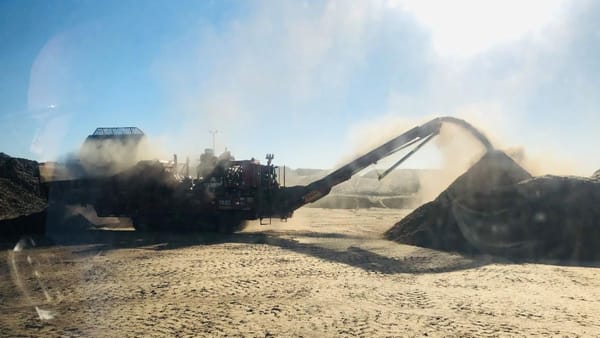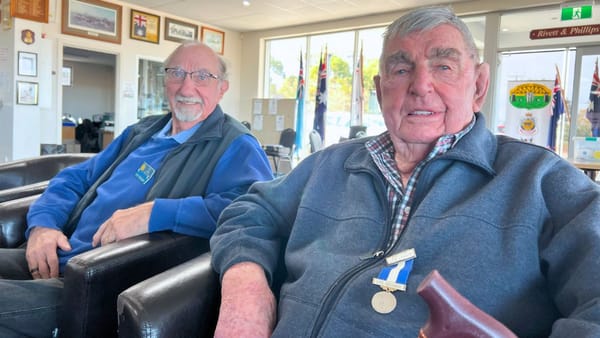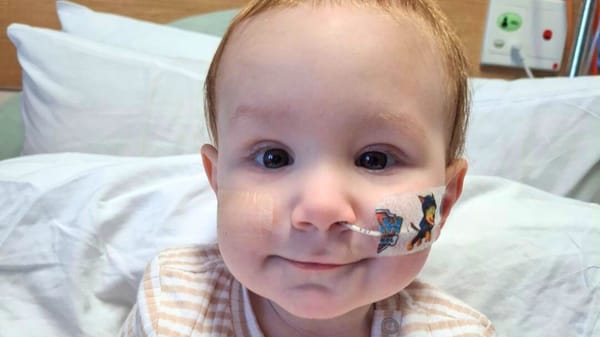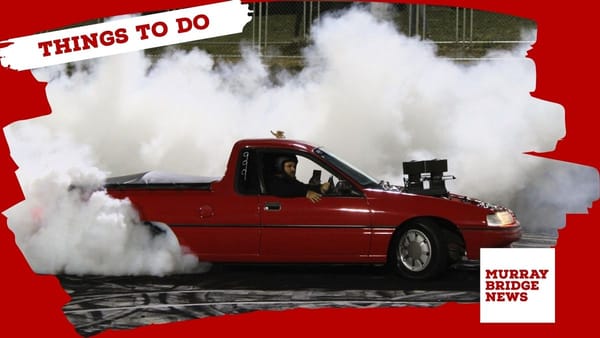Murraylands voters say ‘no’ in the Voice referendum – and firmly
Sentiments against an Indigenous Voice to Parliament have proven even stronger in Murray Bridge and surrounds than elsewhere.

Locals support locals – that’s why this recent post is now free to read. Your support can help Murray Bridge News tell important local stories. Subscribe today.

An overwhelming majority of Murraylands voters have rejected the idea of a constitutionally guaranteed Voice for Australia’s Indigenous people.
The nation and every state voted no in Saturday’s referendum, but the local result was even more emphatic.
In Murray Bridge, only 24.5 per cent of voters voted in favour of amending Australia’s constitution to recognise Aboriginal and Torres Strait Islander people by creating an advisory body to represent them.
Pre-poll votes came in even more strongly for the no camp, according to the Australian Electoral Commission.
At other polling places around the Murraylands:
- Callington: No 68-30
- Jervois: No 85-13
- Mypolonga: No 75-25
- Tailem Bend: No 81-17
- Wellington: No 92-6
- Woods Point: No 78-21
Aboriginal flags at some locations around the Murraylands have been lowered to half-mast for the week in recognition of the rejection.

Federal MP blames Prime Minister for referendum’s failure
Federal Member for Barker Tony Pasin, who was firmly in the no camp, called for unity in the wake of the “divisive” vote.
“We will now work to heal the hurt occasioned by this process by working constructively to ensure, lasting and meaningful improvements are made for our most disadvantaged Australians,” he said.
“It’s time for leadership to bring the nation together, united in this cause and the path to reconciliation.”
He blamed Prime Minister Anthony Albanese for the opposition’s decision not to support the referendum.
The country had been united on the issue of constitutional recognition of the first Australians, and on “better outcomes for remote Indigenous Australians”, he said – but not on a Voice to Parliament.
However, Opposition Leader Peter Dutton – who had promised during the campaign to push for a second referendum on constitutional recognition – suggested on Monday that his focus would shift to other issues.
“The Australian public is probably over the referendum process for some time,” he said.
Years-long process had led to this point
Saturday’s referendum was the product of decades of campaigning by Indigenous Australians.
A constitutionally enshrined Voice to Parliament was one of three key asks in the Uluru Statement from the Heart, issued at a constitutional convention in 2017 by Indigenous people from across the nation.
Then-Prime Minister Malcolm Turnbull and Opposition Leader Bill Shorten had jointly agreed to get the ball rolling on constitutional change back in 2015, and a two-years-long consultation process had followed.
However, Mr Turnbull quickly rejected the call when it came, so the idea lay dormant until current PM Anthony Albanese’s election last year.
- More information about the referendum result: tallyroom.aec.gov.au/referendumnationalresults-29581.
- More information about the response from Indigenous leaders: ulurustatement.org/a-statement-from-indigenous-australians-who-supported-the-voice-referendum.
Locals support locals. Your support helps Murray Bridge News tell important local stories.





